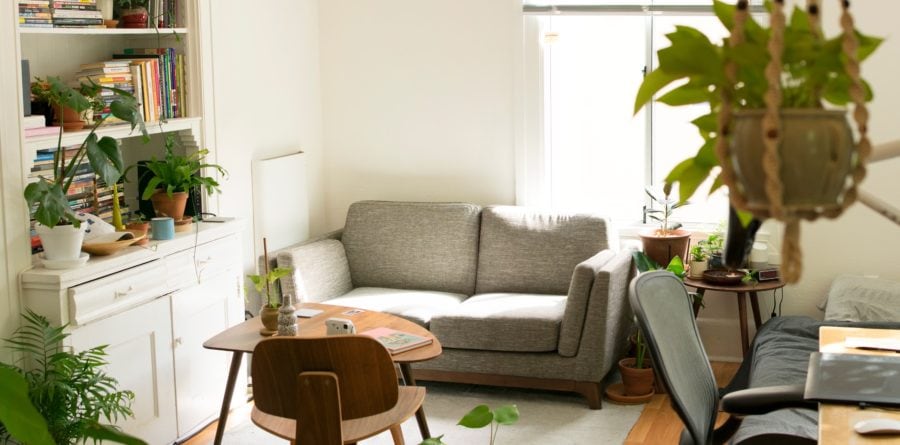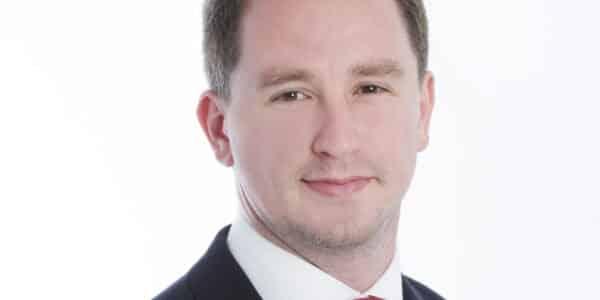Securing a mortgage: Everything you need to know
23/12/2019 - Attwells Solicitors

Figures show that around three-quarters of mortgage applications were approved in the last fiscal quarter. This is a marked improvement from three years ago, when that same figure was just under 50%. Securing a mortgage is the first big step to moving into your house and beginning the conveyancing process. Here’s how you can maximise your chance of doing it right.
When should you start applying for a mortgage?
The best advice we can offer is to start applying for a mortgage before you’ve even got a house in mind. Why? Because if you start looking at properties and find the house you really want, sellers might be reluctant to take your offer seriously without proof of funds being available. It also puts you in a stronger position, as it means you’re able to move faster when you find that perfect house.
And because getting a mortgage in place takes time, having a mortgage already secured will reduce delays and complications that can hinder and sometimes even derail the conveyancing process.
Understand how much you can afford
This is particularly important if you’re self-employed or have recently started up a new business. In general, mortgage providers allow people to borrow around four and a half times their yearly income. Remember, the more you can put down on your deposit, the less you’ll need to borrow, and this means you’ll be able to access better interest rates that come with buying at a lower loan to value ratio.
Getting a mortgage in principle
Once you’ve compared the best mortgages available to you, and found the best deal, you can request a mortgage in principle from your preferred lender. They’ll want details about your income and expenditure, to ensure you meet their eligibility criteria, and they will run a credit check on you. Once you’ve got this mortgage in principle, you’ll have proof to show sellers that you could get a mortgage on their property if you decided to buy, which strengthens your position as a buyer.
Don’t forget other costs
As well as getting your deposit together, you’ll also have other fees to consider. If you aren’t a first-time buyer, or if you’re buying a property over £300,000, you’ll have to pay stamp duty. The rate differs, but could potentially add thousands of pounds onto your costs. Conveyancing fees must also be considered. It’s always worth getting a quote from several different firms. Some may offer a cheaper package but won’t provide the level of service and accessibility you need for peace of mind during the process, whilst others may initially seem to offer value, but will actually stick on hidden costs as the sale progresses, saddling you with a much higher final bill than you expected.
At Attwells, our conveyancing solicitors in Suffolk, Essex and London specialise in residential conveyancing for a fixed fee. You can use our instant online conveyancing calculator to get a quote right now, and we always guarantee great, responsive service with minimal delays.
All articles on this news site are submitted by registered contributors of EssexWire. Find out how to subscribe and submit your stories here »



